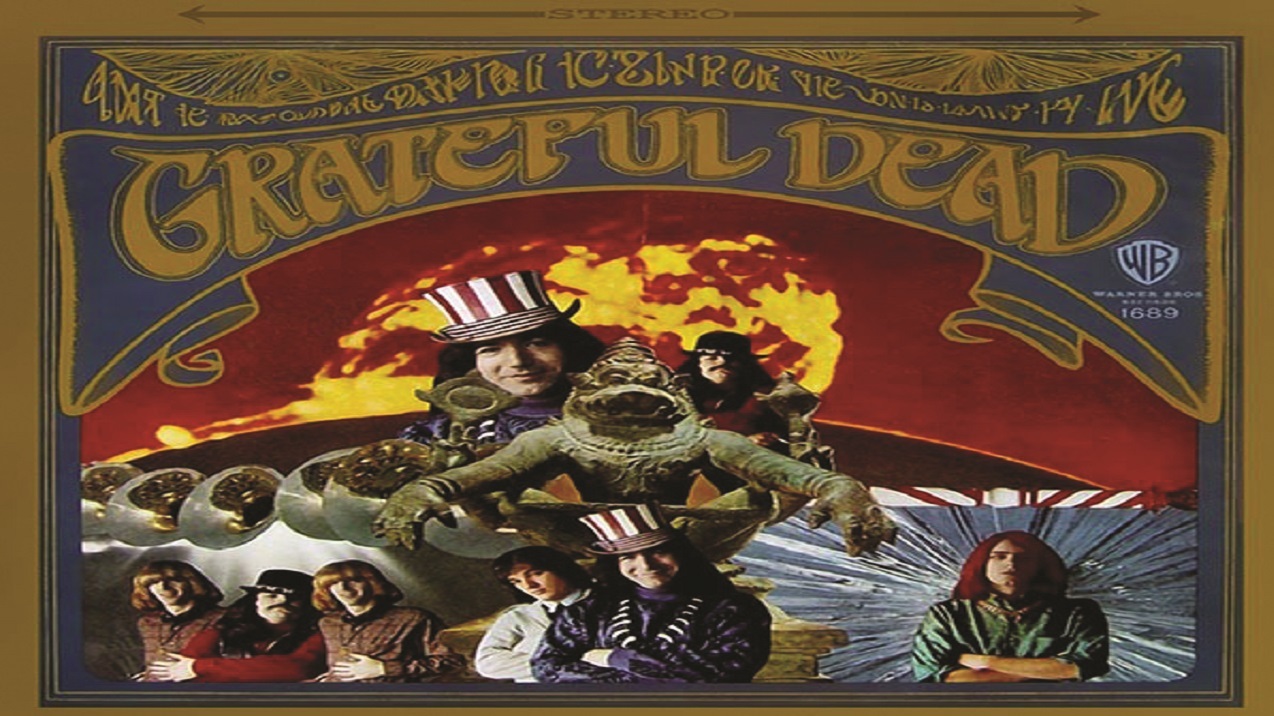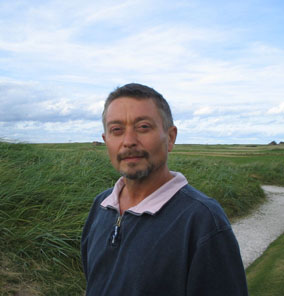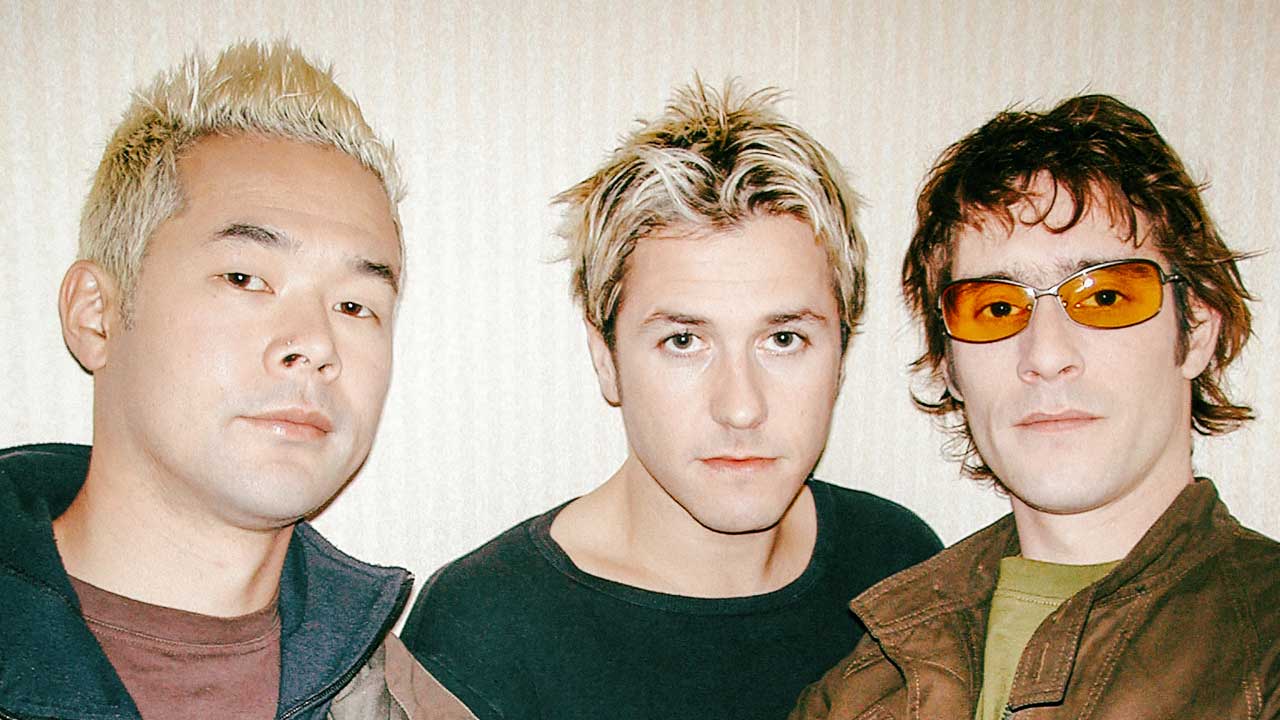You can trust Louder
While their vast archive of live material has been painstakingly exhumed, the Grateful Dead’s studio albums have been available in remastered form only on box sets. Now they’re being reissued with contemporary but unreleased bonus material.
The band’s debut from 1967 remains a wondrous thing and puts to bed the notion that the Dead spent their entire career in extended jam mode. Recorded in roughly four days at RCA’s Los Angeles studio and, briefly, at San Francisco’s Coast with producer David Hassinger, it caught the group playing a super-fast selection of acid blues, ballroom surf and garage rock. The full-tilt style was down to the fact that the Dead were consuming Dexamyl (diet-watchers’ amphetamine), lending their performances an edgy excitement that is on a par with anything recorded in California in 1967. The Golden Road (To Unlimited Devotion), Cold Rain And Snow and New, New Minglewood Blues were freshly minted originals, though credited to the pseudonymous McGannahan Skjellyfetti. Elsewhere Jesse Fuller’s Beat It On Down The Line and Sonny Boy Williamson’s Good Morning, Little School Girl, sung by 19-year old Bob Weir and Ron ‘Pigpen’ McKernan respectively, were thrashed out with breakneck abandon, while Jerry Garcia’s Cream Puff War flew past in 145 seconds of lysergic bliss.
The real charm here, though, is from the previous year’s trip to the P.N.E. Garden Auditorium in Vancouver in 1966. Pigpen handled most of their vocals live, and prompted a superb version of the obscure Standin’ On The Corner that drops deep into Sam The Sham and Young Rascals-style R&B. Weir’s You Don’t Have To Ask is another great find, as is the organ-cranked Cardboard Cowboy, a song that marked the birth of the stoner Westerns that became part of the Dead’s repertoire. No later versions of these tracks survive. Bob Dylan’s It’s All Over Now Baby Blue is overly familiar today but must have astounded the folks from British Columbia back in the day. Classic Dead elsewhere includes a frantic I Know You Rider and an experimental Viola Lee Blues that reaches warp speed thanks to some outrageous Garcia soloing.
Rock anniversaries can be somewhat taxing; this is well worth the wait.
Sign up below to get the latest from Classic Rock, plus exclusive special offers, direct to your inbox!
Max Bell worked for the NME during the golden 70s era before running up and down London’s Fleet Street for The Times and all the other hot-metal dailies. A long stint at the Standard and mags like The Face and GQ kept him honest. Later, Record Collector and Classic Rock called.


